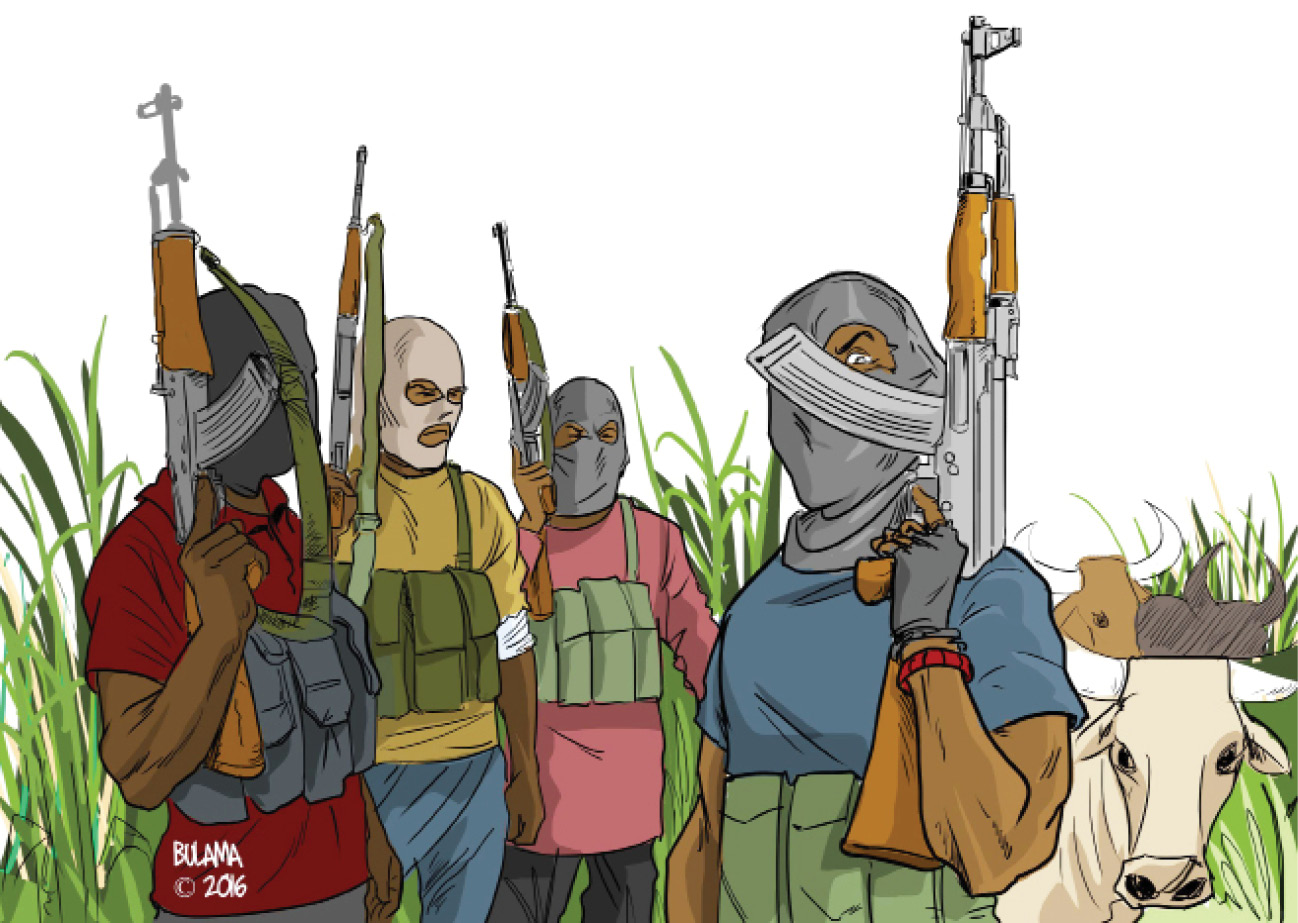One of the hardest and unarguably most sublime lessons I have learnt, and still learning, is that our world and our life are full of ironies, paradoxes and contrarieties. Whereas these facts of life are out there in the open, they are, however, not easily discernible. Except for men and women of learning and illumination who, through hard-work and providence, usually chance upon them, the lessons that life teaches us are often times left unlearned. Is it not true that we pass through life in utter ignorance of it; is it not true that life passes through us everyday in complete heedlessness of it. ‘How many signs are there in the heavens and earth’ the Quran queries, ‘that they encounter and yet they do not pay attention?” Quran 12: 110.
While pondering contemporary challenges confronting humanity today, particularly here in Nigeria, I soon came to the conclusion that one of those lessons that life teaches us are the following – that there is hardly an inner centre of knowledge and learning in our world today except that it finds ‘completeness’ in the existence of outer citadels of ignorance, crudity and primitiveness; there is hardly a centre of civilization except that it is circumscribed by centres of barbarism; that to every government reserved area (GRA), there are open encampments and dwellings where life thrives in recklessness.
Hardly does and would the rich find security and comfort except in the full knowledge that the poor equally finds meaning for their own life and living in the hands of care and support that he extends to them occasionally. Across human histories and cultures, no nation has ever prospered when the majority ekes life from the peripheries. Societies where the rich and the privileged care only for themselves, such are usually taken over by bandits, by bedbugs and by mosquitoes, if not in the short, but definitely in the long run.
Bandits. Yes. Bedbugs. Yes. But what about mosquitoes? I say: Yes too. Realities. Metaphors. Bandits are like bells. A bell, Colin Beloy, reminds us, is “a cup until it is struck’. In other words, bandits are humans – human subjects with names, emotions and passion. Bandits are not angels. They are ontologically not devils. They were born like me and you: of the loins and wombs. Buffeted by contexts that are inimical to their humanity, attracted by the theory of violence as the method and the goal, deprived of the discernment that education would have offered, they, by their own volition chose to become bandits. While some of them identified with Islam, whereas some of them bear and bore Muslims names, they were not and could not have been true Muslims. After all, the elementary definition of Islam, and indeed of the Muslim, is that the latter is he from whom people are safe and secure; a Muslim is he in whose dwelling people finds succour and comfort.
Elsewhere, the Prophet (s.a.w) is reported to have said that ‘the fornicator, while indulging in the act of fornication cannot and is not a believer’, not anymore. I argue, while extrapolating this tradition, that the bandit who engages in acts of banditry and plunder and violence has lost all claims to Islam. To plead on his behalf that he is a Muslim therefore is to attempt to deodorize criminality and to engage in infantile argument that the law should be put in abeyance for the criminal simply because he previously identifies with this or that faith. No religion sanction wanton destruction of life and properties; no religion grants fidelity to villainy and brigandage. To plead for and in support of bandits based on the faith they supposedly profess is to become an accomplice.
Meanwhile, while it is true that across cultures and civilizations, acts of banditry and criminality represent the very antithesis of humanity, the greater error that we all commit is probably this overarching fixation and concern with what I would refer to as official bandits in utter neglect of the equally noxious and deadly ones in our society – the ‘unofficial bandits’. Somewhere in this country, somewhere close to the underground, not in the ravines or the canyon where only the wild frolick, but in the city centre, the video showed a young boy, apparently an apprentice who was learning the skills of vulcanizing. He was seated in the yard, apparently under the supervision of his master. What he was doing in this particular instant is not that of replacing a bad tyre. No. The scene is one of the most unbelievable egregious ones I have seen in recent time. The young boy was actually busy trying to produce a brand ‘new’ tyre from a completely worn out and disused one. He had a firm grip of what looks like a sharp hook or chisel. I was shocked beyond description when he began to ‘create’ new symmetric and asymmetric treads for the tyre in his hands. Right in front of my eyes, I witnessed how the tyre was transformed from the old to the ‘new’- with new bead fillers, inner liner, treads and all that.

 Join Daily Trust WhatsApp Community For Quick Access To News and Happenings Around You.
Join Daily Trust WhatsApp Community For Quick Access To News and Happenings Around You.


